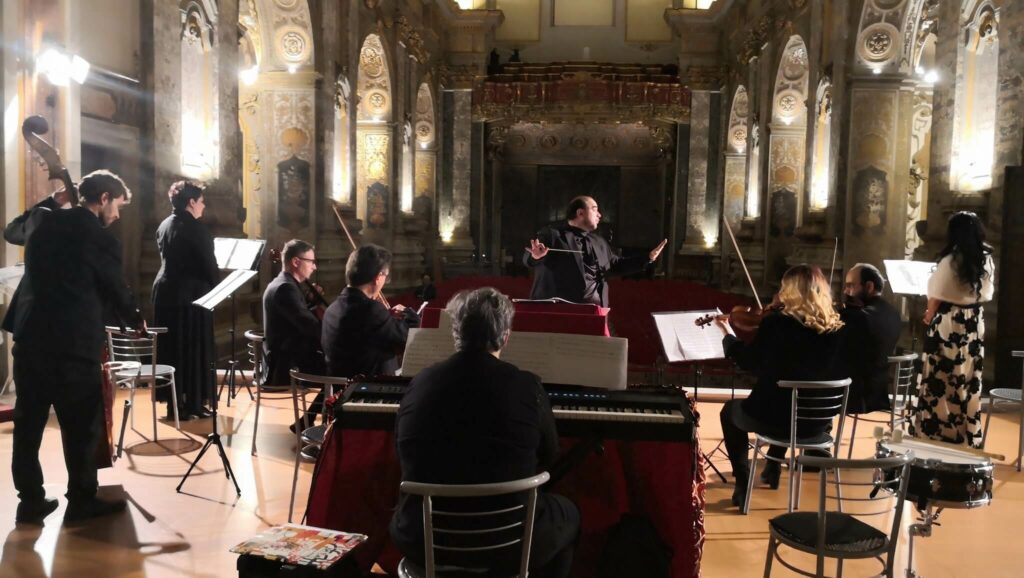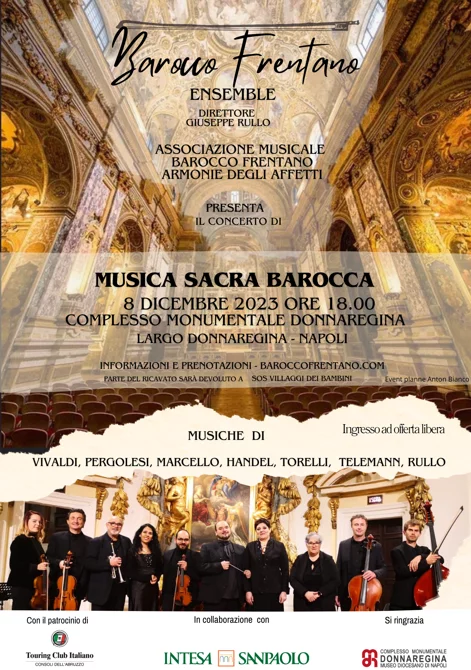

Barocco Frentano
Album

Eventi

10 marzo 2024, ore 21
Santuario di Santa Maria delle Grazie, San Giovanni Rotondo

27 Febbraio 2024, ore 18
Cripta del Santuario di San Gabriele

8 dicembre 2023, ore 18
Complesso monumentale Donnaregina, Napoli
Copyright © 2024. CF. 90043880690